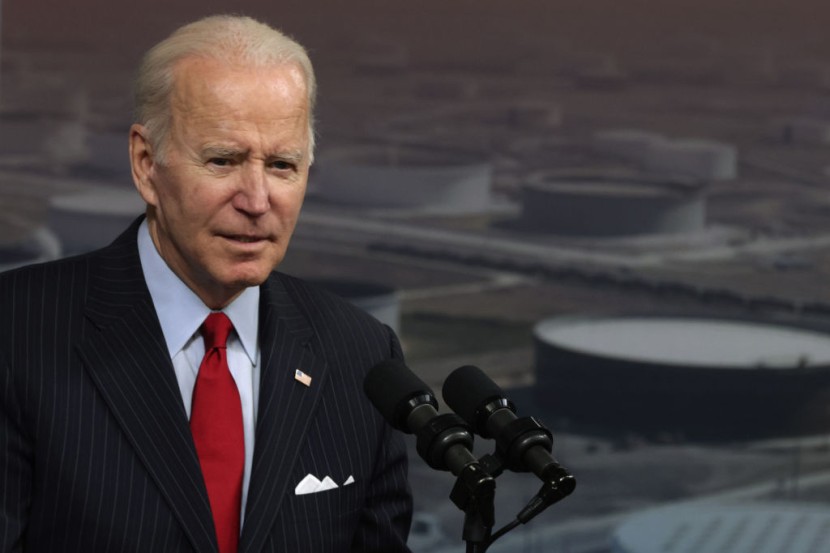
United States President Joe Biden received overwhelming support from environmentalists for his decision to tap into the country's oil reserve, which is considered the largest release in U.S. history, in an attempt to control rising prices.
The Democrat recently announced that the federal government will be distributing 50 million barrels of oil from the country's strategic reserve to combat rising oil prices. The situation came despite Biden's long-term goal of fighting against climate change.
Support From Environmentalists
Biden announced the decision on Tuesday parallel to other countries struggling to curb rising oil prices, such as India, the United Kingdom, and China. The distribution of oil barrels will focus on supplying global energy markets that could lead to cheaper gasoline prices. Despite the objective, the oil distribution could curb the Democrat's climate change plans that include a 50% reduction in greenhouse gas emissions by 2030, Yahoo News reported.
Additionally, Biden's decision to distribute 50 million oil barrels is considered to be the largest release in the history of the United States. The decision comes out to be nearly twice the size of the previous largest release.
The Department of Energy released data that showed Biden's planned release of 50 million oil barrels comes to be about 8% of the entire reserve which has roughly 621 million barrels. There have only been three emergency sales from the reserve before 2017. The decisions were a result of the disruptions caused by the 1991 Gulf War, the 2005 Hurricane Katrina, and the 2011 Libyan Civil War.
Congress has since put sales mandates in the last several budgets, partly in an attempt to modernize the reserve system. Authorities then used exchanges, which was when the government loaned oil to companies who are then required to return them with interest, to offset disruptions caused by other unexpected situations, NBC News reported.
Oil Consumption
The situation was followed by Biden's Energy Secretary Jennifer Granholm admitting on Tuesday that she did not know how many oil barrels the country consumed every day. The statement came after a reporter suggested that the federal government's plan to release 50 million barrels of oil would not last the country more than three days.
During a Tuesday White House briefing, Granholm outlined the U.S. president's strategy to tap into the country's strategic oil reserve. She said that the objective of the decision was to maintain an "adequate supply" amid the growing global shortage of oil.
It was later found out that the United States consumed an average of about 18.19 million barrels of petroleum per day in 2020. The entirety of last year resulted in the use of roughly 6.66 billion barrels of petroleum which was recorded as the lowest annual rate since 1995.
Authorities observed the largest recorded annual decline of oil consumption in the United States from 2019 to 2020. The primary reason for this was the global response to the coronavirus pandemic, said the U.S. Energy Information Administration.
"How many barrels of oil does the U.S. consume per day?" the reporter asked Granholm. "I don't have that number in front of me. Sorry," said the official, Fox Business reported.
Related Article:
© 2026 HNGN, All rights reserved. Do not reproduce without permission.








